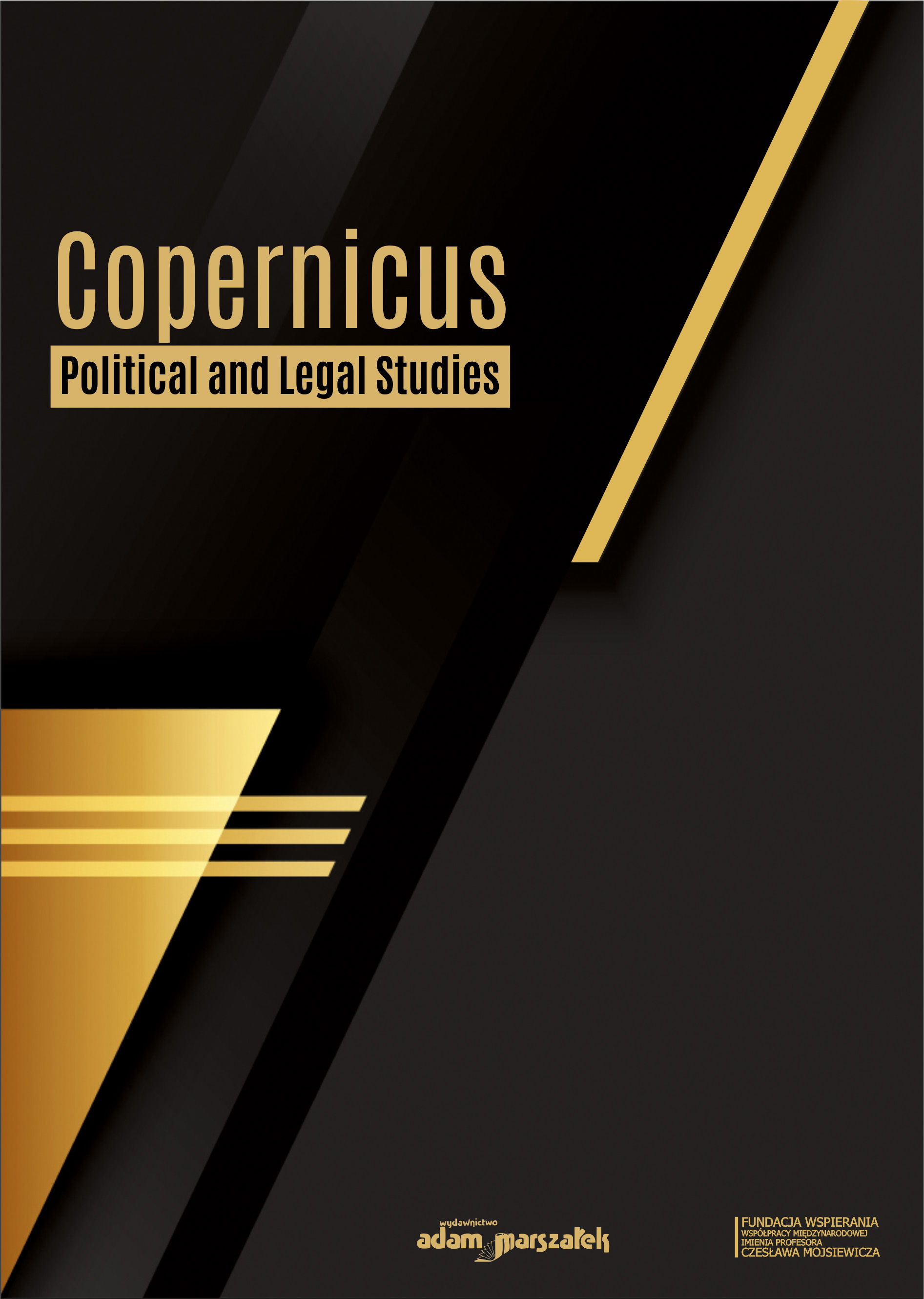Касаційні фільтри в цивільному судочинстві
Cassation Filters in Civil Judiciary
Author(s): Serhii MyroslavskyiSubject(s): Constitutional Law, Civil Law, Court case
Published by: Wydawnictwo Adam Marszałek
Keywords: access to the court of cassation; legal conclusions of the Supreme Court; convincing court precedent; deviation from legal conclusions; civil proceedings;
Summary/Abstract: The article is devoted to the study of theoretical aspects of the implementation of the latest cassation filters in civil proceedings, related to the legal opinions of the Supreme Court, as well as the prospects for their further legal regulation. Procedural filters in the court of cassation are considered in the context of conceptual theoretical approaches developed by the judges of the Supreme Court themselves, which are most relevant to the outlined issues, as well as from the point of view of the participants in the process – the subjects of the cassation appeal as it affects a fairly wide range of people, they are judges not only of the Supreme Court but also all instances, including the first and appellate ones, the parties to the case and the lawyers who file cassation appeals,after all, the level of complexity of a civil case permanently determines the increased requirements for the content of the cassation appeal, its structuring,proper substantiation and clear formulation of the grounds for cassation appeal of a court decision. A retrospective analysis of civil procedural legislation on the right of access to the court of cassation was carried out, demonstrating the narrowing of the jurisdiction of the domestic cassation, starting with the granting of the right to appeal in cassation to any court decision with the transition to the definition at the constitutional level of restrictions on obtaining judicial protection in cases specified by law, taking into account public or private interests. The notion of cassation filters is formulated, which defines the restrictions established by law in access to the court of cassation, which make it impossible to file a cassation appeal and the right to cassation review,and the classification of cassation filters in civil proceedings is divided into two groups: \ unconditional cassation filters are mandatory restrictions on access to the court of cassation, which exclude the right to file a cassation appeal(for example, if the case is heard under the rules of summary proceedings) and conditional cassation filters are the restrictions under which a cassation appeal may be admitted under certain conditions. The provision that cassation filters should be fair and justified, effective and, most importantly, should not impede access to justice and should not violate the right to a fair trial. A detailed description of each ground of cassation appeal, laid down in part two of Article 389 of the CPC of Ukraine on the fairness of the new cassation filters that operate in the domestic model of cassation over the past two years, the conditions for the application of paragraph 1 of Part 2 of Article 389 of the CPC of Ukraine, which include the presence of a legal opinion of the Supreme Court (including overcome or selfassigned) and maintaining its legal force in relation to the disputed legal relationship, establishing whether the legal relationship is similar, disregarding the legal opinion of the Supreme Court by the courts of first and second instance. The problematic and controversial issues of modern cassation filters have been specified, which include: ignoring the term “cassation filters” by the current CPC of Ukraine, which is derived at the doctrinal level; lack of clear legislative regulation of the concept and limits of legal conclusions of the Supreme Court; lack of official systematization of legal opinions of the Supreme Court,as well as a certain classifier of cases, which complicates their search by participants in the process; operation by the legislator of a number of evaluative concepts,such as “similar legal relations”, “motivation”, “validity” in determining cassation filters; failure to link cassation filters to the legal conclusions of the Supreme Court,that in judicial practice has not led to a decrease in cassation appeals; lack of a legally formed list of grounds for deviation from the legal conclusions of the Supreme Court and differences in the wording of similarity of legal relations; lack of unity in understanding the correct meaning of the term „taking into account” the legal opinion of the Supreme Court courts of first and second instance in view of the vertical and horizontal effect of legal opinions of the Supreme Court. It is proved that the most dangerous risks are embedded in the cassation filter contained in paragraph 2 of Part 2 of Art. 389 GIC of Ukraine, such as a reasoned justification for the need to deviate from the conclusion on the application of the rule of law in such legal relations. which transferred to lawyers the function of forming judicial practice that is not peculiar to them, which violates the right of participants in the process to access the court of cassation. The concept of cassation filters already covers a wide range of general procedural filters, which relate to the impossibility of cassation appeal of court decisions made in summary proceedings, in minor cases, cases of refusal to open cassation proceedings due to unfounded cassation appeal. It is proposed to revise the scope of the current cassation the prism of the expediency of the latest cassation filters in terms of the effectiveness of legislation given that the binding of cassation filters to the legal conclusions of the Supreme Court does not reflect the impact of new procedural filters on the unloading of the Supreme Court as a higher court.
Journal: Copernicus Political and Legal Studies
- Issue Year: 1/2022
- Issue No: 3
- Page Range: 82-93
- Page Count: 12
- Language: Ukrainian

